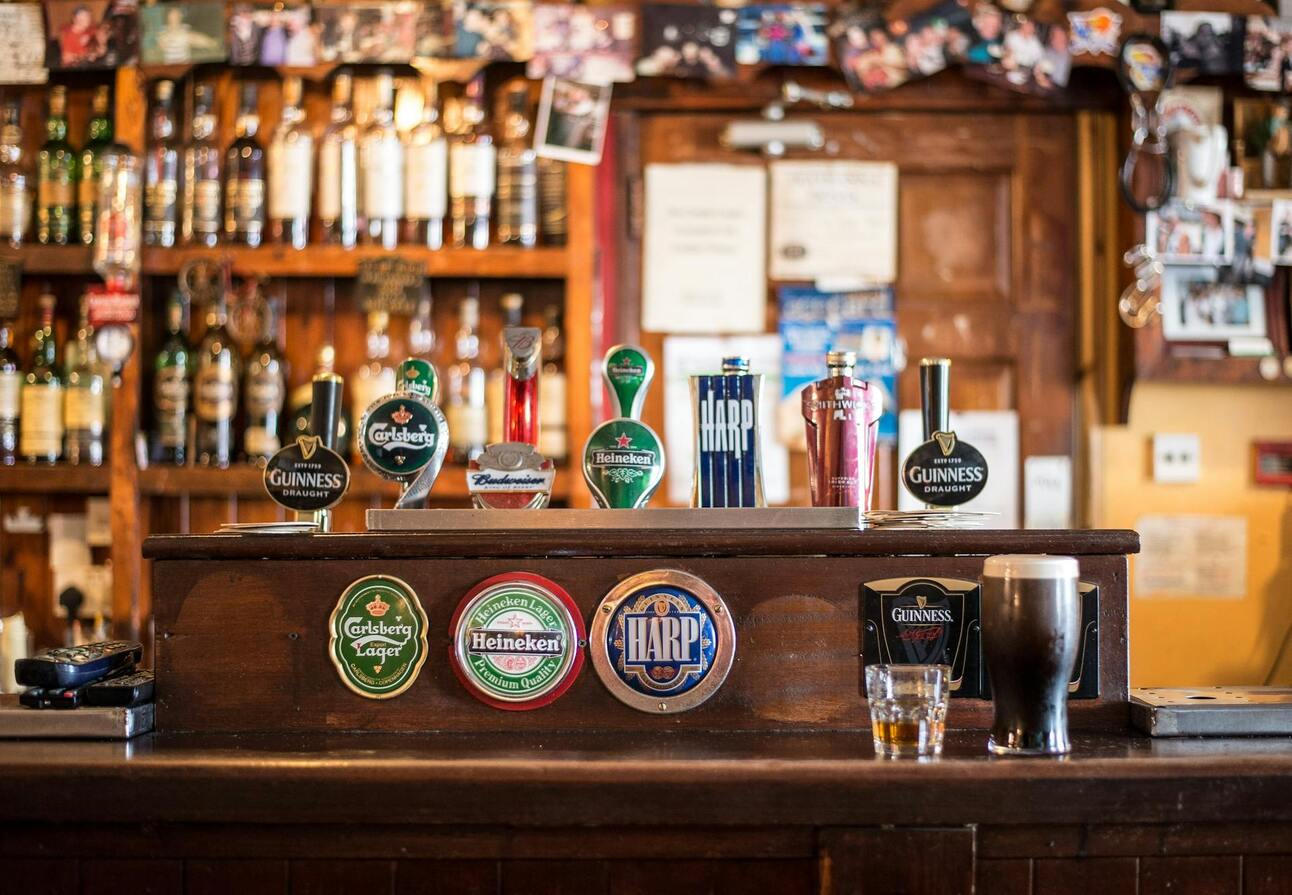
What’s your poison? Photo by Pixabay: https://www.pexels.com/photo/blue-harp-decor-on-brown-wooden-table-63633/
I think most people are aware that heavy, consistent alcohol consumption is unhealthy, but what about light to moderate drinking? And isn’t red wine supposed to be good for you?
Let’s start by defining “light to moderate drinking.” Typically, discussions of alcohol consumption puts “light” at 1 to 2 drinks or less, per week. Moderate is considered 3 to 7 or so servings of alcohol per week. A serving is any drink containing about half a fluid ounce of pure alcohol – for example, a 12 ounce beer, 5 ounces of wine, or 1.5 ounces of most distilled liquors.
Consistent alcohol consumption in excess of about 1 drink per day has clear adverse health effects – increased risk of several cancers, disruption of the gut microbiome, sleep disturbances, and probably most significantly, adverse brain effects - including gray matter thinning, disruption of white matter function, and impaired circulation to brain tissue.
The negative effects of light to moderate drinking are less serious and vary considerably from person to person, but still can be significant, especially over a long period of time.
For most people, alcohol consumption of 1 to 2 drinks per week will probably not have significant adverse effects, but beyond that, detectable changes in the brain begin to show up, with thinning of the gray matter, declining cognitive function and impaired function of the white matter (the tissues of the brain that transmit neurological signals). Mild decreases in frontal lobe function occur, which results in decreased impulse control.
It’s alcohol’s effects on impulse control that leads most restaurants to “push” alcohol when you first sit down at the table, because they know that drinking leads to more drinking, more eating, and greater spending.
There are some potential benefits of alcohol consumption, most of which can be obtained through other means without the negative effects of drinking. For example, red wine is touted for its antioxidant content, but there are many non-alcoholic sources of antioxidants, even the identical ones found in wine, such as in grape juice.
Some find that dinking relaxes them, or helps reduce anxiety, but again, there are numerous ways to achieve the same relaxation through things like deep breathing exercises, meditation, and herbal remedies such as valerian root or chamomile.
There is a certain social aspect to drinking, and refusing offers of alcoholic beverages can be socially awkward. As a long-time non-drinker myself, it seems like the stigma of not drinking is declining with time, but it can still be an issue. I am quite comfortable with my choice not to drink now and have no difficulty simply giving a firm “No, thank you,” to someone trying to convince me to drink. But in the past, it was sometimes easier to accept a drink and take a ceremonial sip or two to satisfy someone else and not be the “weird” one not drinking.
Besides drinking for social reasons, the other main reason I can think of in favor of drinking is simple enjoyment that some people get from it. Whether it’s the taste you like, or you enjoy learning about and showing off your knowledge of the topic, if you’re an aficionado and savoring some of your favorite beverages (preferably within the light consumption limits) brings you pleasure, that can be counted as a good thing.
But if you are going to drink for enjoyment, besides placing limits on how much you drink, I suggest employing a couple of measures to offset the negatives – in particular, consider taking probiotics to counter the effects of the alcohol on your gut microbiome, and be diligent to maintain a consistent sleep schedule that provides at least 7 hours of good sleep per night.
Ultimately, if you choose to drink alcohol, you most likely can get away with one or two drinks a week with no significant ill-effects. Beyond that amount, it becomes a matter of deciding what your priorities are and if drinking is worth the potential long-term negative effects. In any event, most experts agree, when it comes to health in general and the brain in particular, zero alcohol consumption is better than any.
Until next time…
George Best, D.C.

